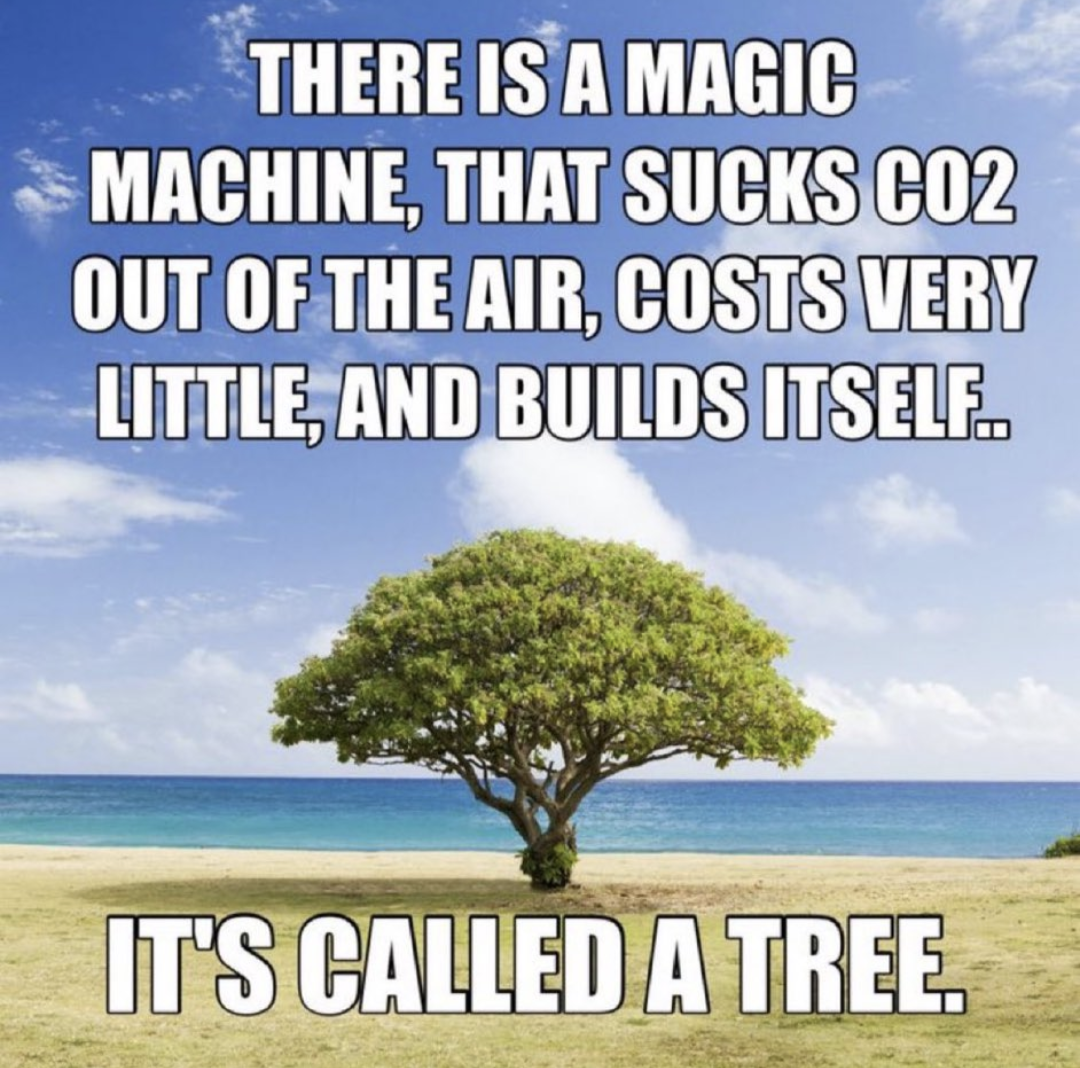this post was submitted on 30 Jul 2024
614 points (93.4% liked)
Nature Enthusiasts
805 readers
1 users here now
For all media, news and discussion focusing on nature!
The rules for posting and commenting, besides the rules defined here for lemmy.world, are as follows:
1-No advertising or spam.
2-No harrassment of any kind.
3-No illegal or NSFW or gore content.
founded 1 year ago
you are viewing a single comment's thread
view the rest of the comments
view the rest of the comments

I'm realizing exactly how much worse it is than what's being said here.
First, a lot of the crude oil were burning is not comprised of dinosaurs, there's a portion of it that may be animal matter, but largely, according to what I've learned, oil is primarily the remnants of prehistoric forests. So there's a lot of CO2 that was captured, literally millions of years ago, being reintroduced to the planet. Additionally, any other combustion based power (natural gas, wood, etc) is releasing carbon captured since the last big extinction event.
If you combine all of the CO2 and other greenhouse gasses captured during that extensive history, we could flood the world with CO2, to a level that would cause all life that requires oxygen to survive, to die, including, but not limited to, us.
The planet wasn't formed with an abundance of oxygen. That was a result of plant life that produced oxygen as a byproduct.
Additionally, trees are kind of a shit source of oxygen. They need to be in a growth cycle to capture CO2. That usually happens when they're not busy doing other things, like collecting sunlight for energy. So you get most of the CO2 capture during the night. That's good, but limiting. You lose so many hours of CO2 capture during the daytime that it's never going to really do much good. It's good to have trees, but ultimately, trees alone will not solve the crisis. They might be a good step in the right direction, but they're not the one-and-done answer people seem to think they are.
The most beneficial plant life for capturing CO2 is generally algae, and other single-celled plants. Algae may not have the highest CO2 > O2 conversion by mass (I don't know, I'm not a scientist), but it has a really good track record and bluntly, it's extremely easy to work with.
The part that's killing us (quite literally) is the pollution and habitat destruction that's going to reduce the amount of algae in the oceans, and make it harder for it to survive. Biomatter from aquatic life (through death, but moreso through excretion) is basically fertilizer for algae (mainly nitrogen, phosphorus, and potassium). I'm sure sea fowl contribute to the nutrients here as well.
As we destroy aquatic habitats with our pollution and marine activities, we are making it harder for the algae, one of the biggest contributors to our oxygen supply, to continue to exist in the numbers required for us to have air we can breathe.
At the same time, we're burning so much fuel and releasing so many previously captured greenhouse gasses, that we're well on track to self-extinction.
Global warming, literally the increase in the mean temperature of the planet, isn't the root cause. It's a symptom. It's an indicator. That indicator, right now, says "you're fucked. Good luck." It indicates that the planet, and the environment which has provided for us, all the necessities of life, for so many millennia, is slowly failing.
We, as a species, have suffered, and survived through periods of great heat/warming, and great cold/cooling. The temperature isn't what will kill us. The destruction of the environment, which is also causing the temperature to rise, will be our death.
Simply put, the Flora and Fauna around us, the stuff we call "nature" is being destroyed on a global scale. If we do nothing about our contributions to that destruction, we will not survive to see another millennia on this planet.